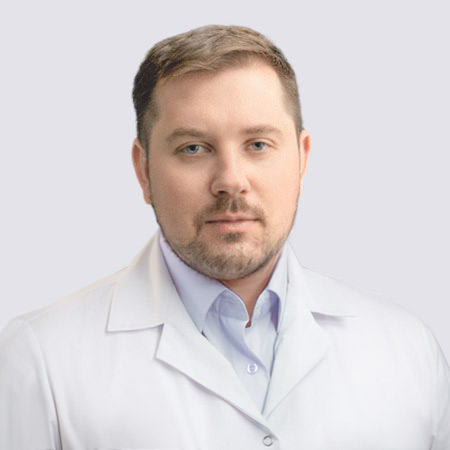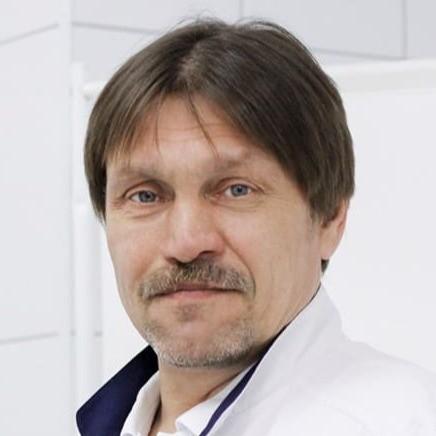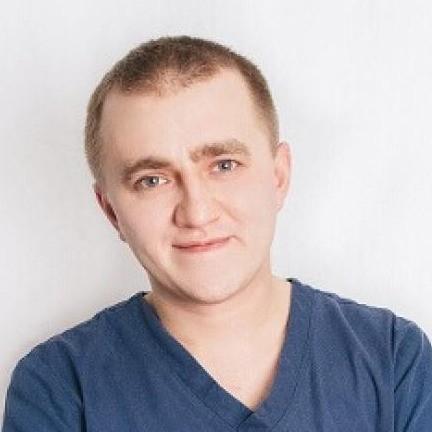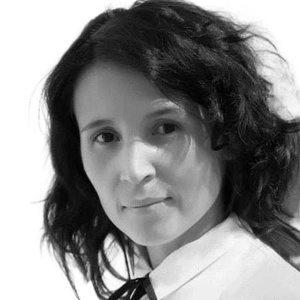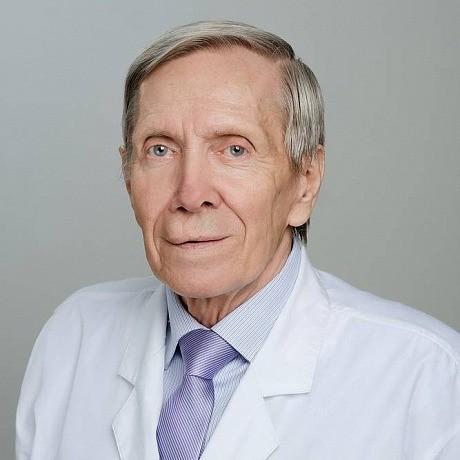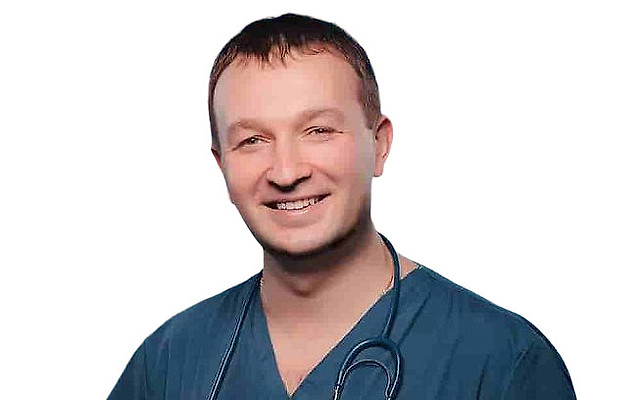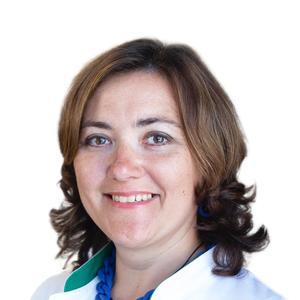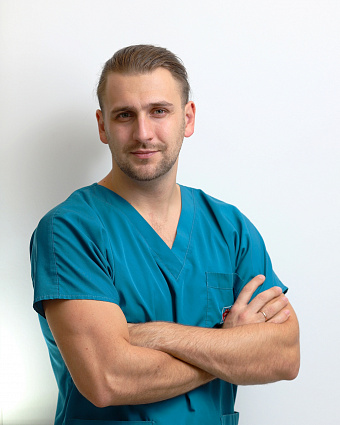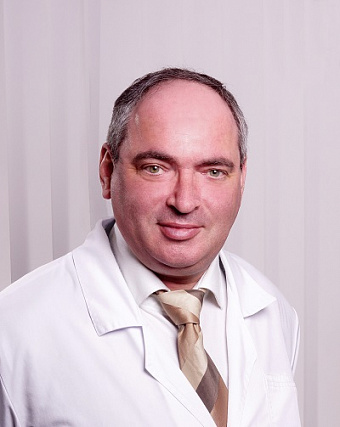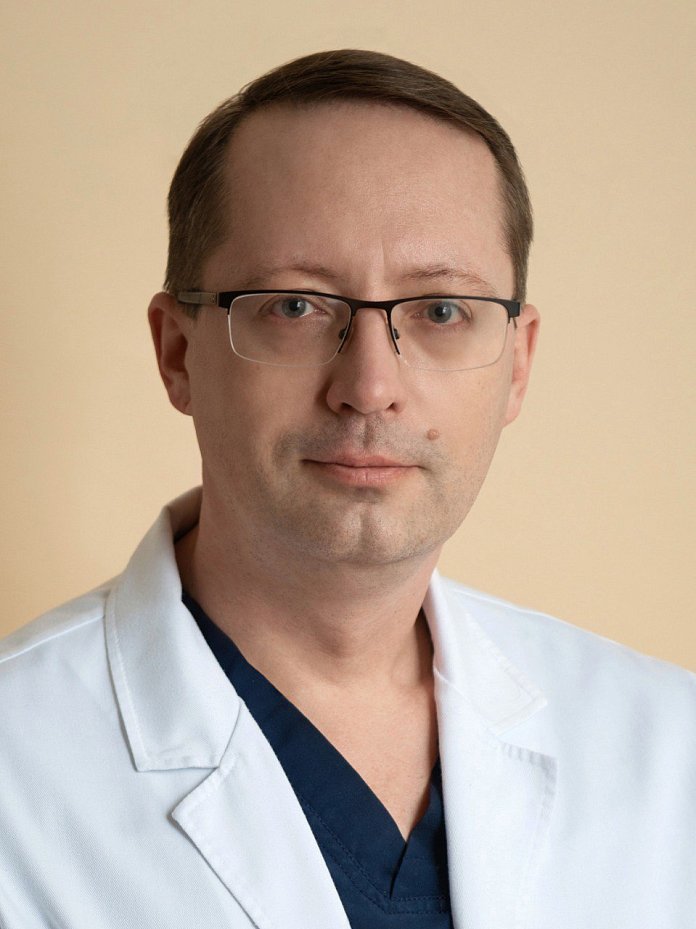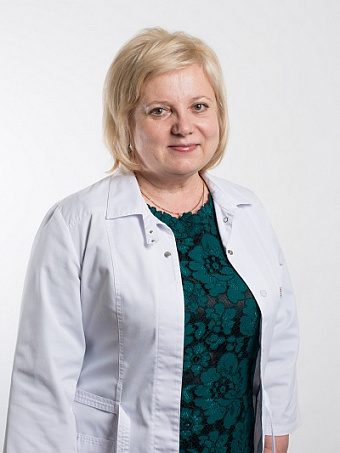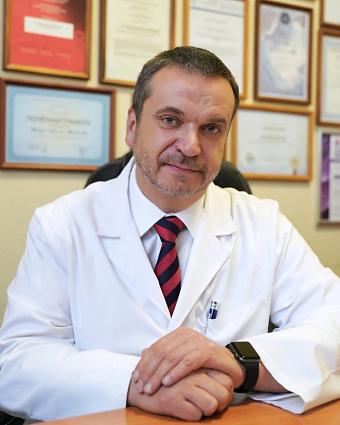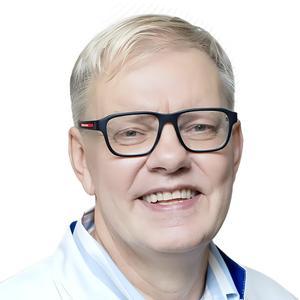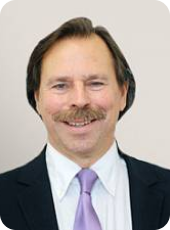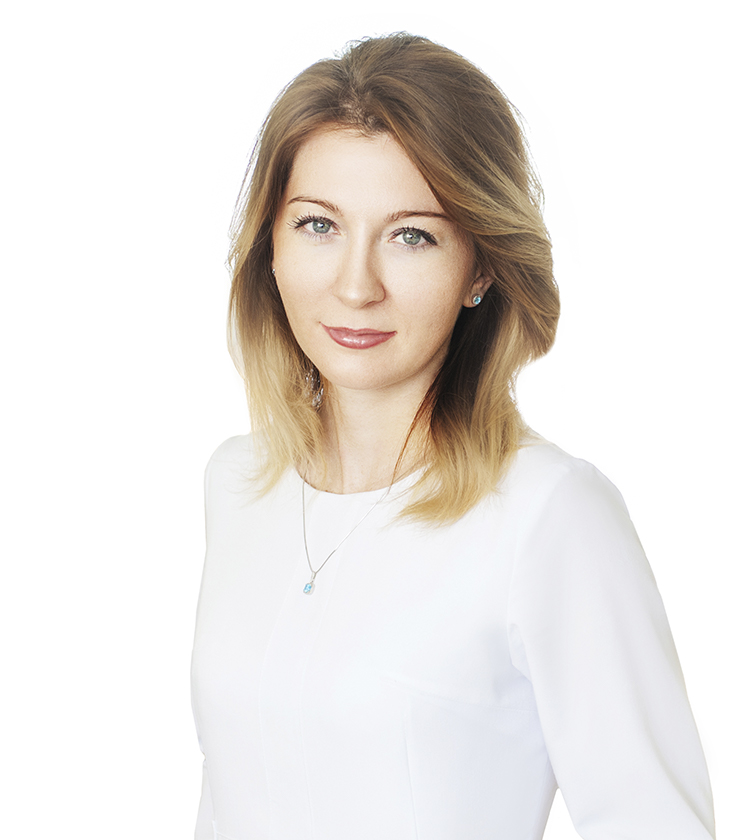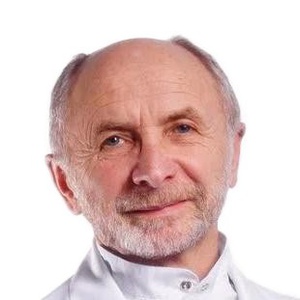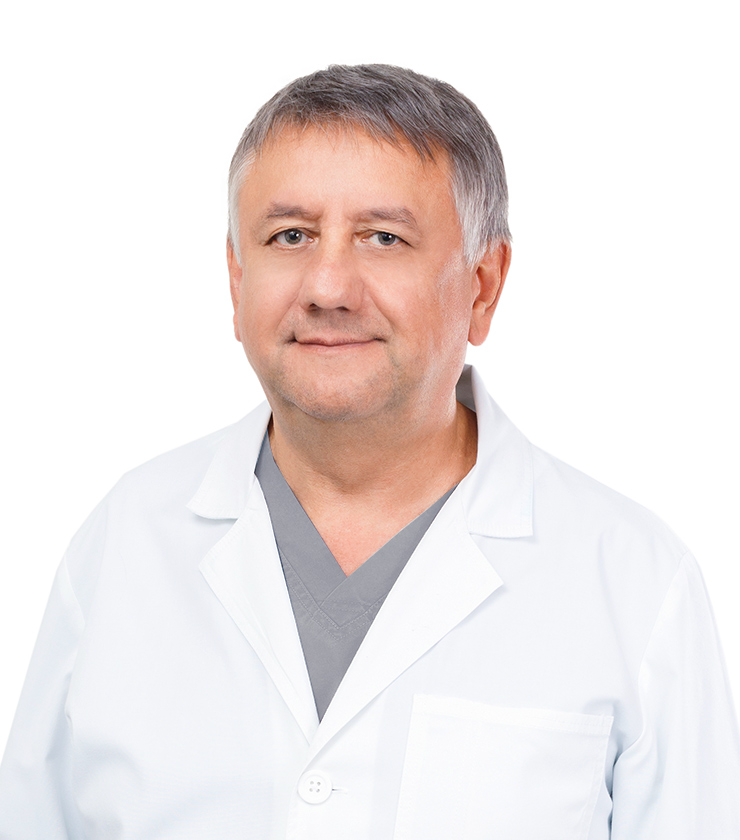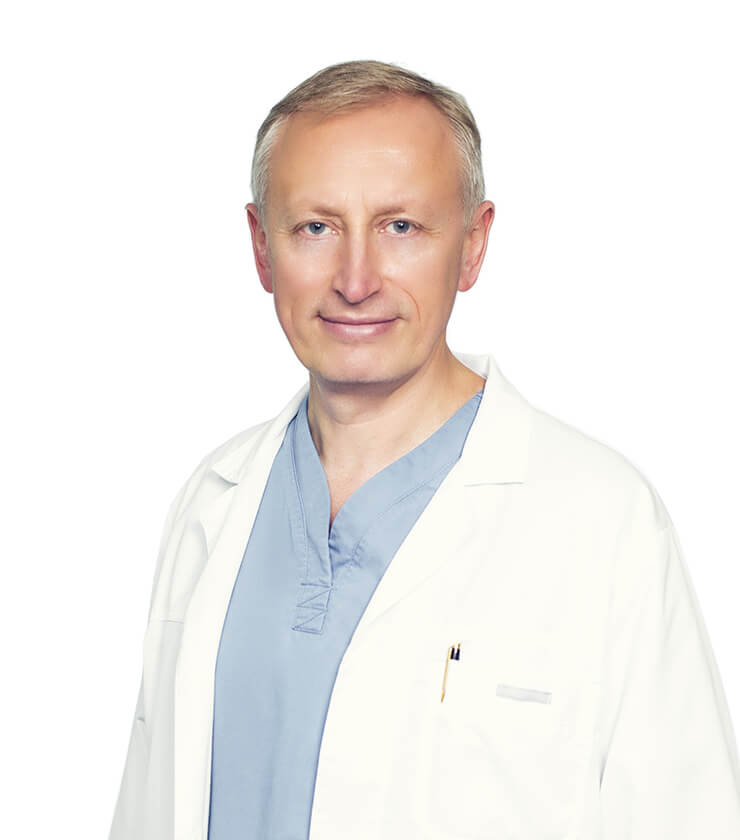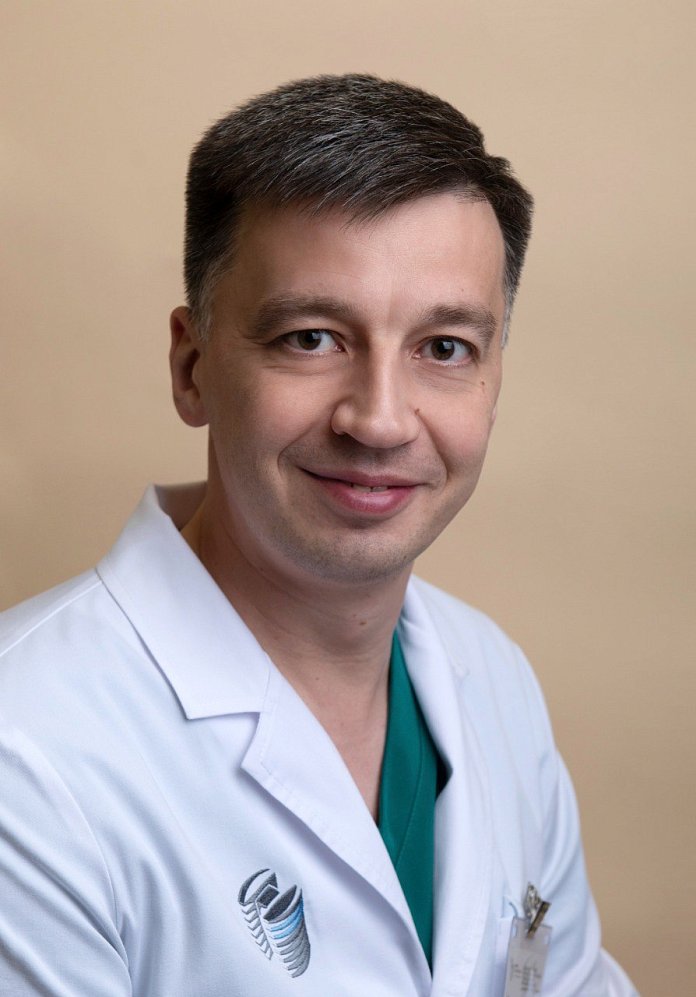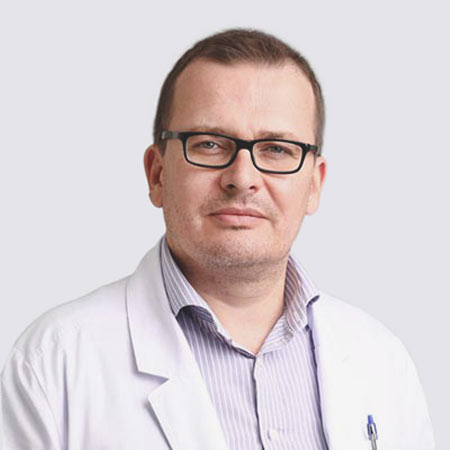Oncology
Diagnosis and treatment of malignant and benign tumors. Modern technologies make it possible to detect cancer at an early stage. Oncologists develop personalized treatment and prevention plans, significantly increasing the chances of recovery.
All medical specialties
Oncology in Russia
Oncology in Russia is one of the priority areas of healthcare, as oncological diseases are one of the leading causes of mortality in the country. This branch of medicine is actively developing, offering a wide range of diagnostic and treatment methods. High-tech equipment, advanced techniques, and the professionalism of doctors enable effective treatment of various types of oncological diseases, increasing patients' chances of recovery.
Types
Oncology encompasses a wide range of malignant and benign diseases, classified by the type of tissue and the organ in which the tumor develops. The main types of oncological diseases include:
- Carcinoma – the most common type of cancer, originating from epithelial cells. This includes lung, breast, stomach, skin, and prostate cancer.
- Sarcoma – tumors of connective tissues such as bones, cartilage, muscles, and fat. Examples include osteosarcoma (bone cancer) and liposarcoma (fat tissue cancer).
- Leukemia – malignant diseases of the hematopoietic system, affecting bone marrow and blood cells. This type of cancer is often called "blood cancer."
- Lymphoma – cancer of the lymphatic system, including Hodgkin's lymphoma and non-Hodgkin lymphomas.
- Myeloma – tumor damage to plasma cells in the bone marrow, affecting antibody production.
- Glioma – tumors of the brain and spinal cord, arising from glial cells that support nerve tissues.
- Melanoma – a malignant tumor developing from the pigment cells of the skin (melanocytes), one of the most aggressive types of cancer.
Each type of oncological disease requires an individual approach to diagnosis and treatment. The earlier a tumor is detected, the higher the chances of a successful recovery.
Symptoms
The manifestations of oncology depend on the type of tumor, its location, stage, and individual characteristics of the body. However, there are general alarming symptoms that may indicate the development of a malignant process:
- General weakness and fatigue – constant feeling of tiredness even without significant physical exertion.
- Unexplained weight loss – a decrease in body weight by more than 5-10% over a short period without changes in diet or lifestyle.
- Prolonged fever – elevated body temperature without an obvious cause, especially if it persists for a long time.
- Unclear pain – chronic or periodic pain in a specific part of the body, not related to injury or other diseases.
- Skin changes – appearance of lumps, ulcers, changes in color or structure of moles, jaundice of the skin.
- Organ dysfunction – digestive problems, persistent cough, difficulty urinating, changes in stool.
- Bleeding and discharge – blood in urine, stool, sputum, unusual discharge from the genital organs.
- Tumors and lumps – appearance of painless or painful growths in any part of the body.
If one or more of these symptoms appear, it is essential to consult a doctor for diagnosis. Early detection of oncology significantly increases the likelihood of successful treatment.
Diagnosis
Effective therapy for oncological diseases begins with accurate and timely diagnosis. Modern methods allow for the detection of the disease at early stages when the likelihood of successful treatment is the highest.
The main diagnostic procedures include:
- Laboratory tests – general and biochemical blood tests, cancer marker tests to detect specific substances indicating the presence of a tumor.
- Instrumental studies – ultrasound, X-ray, computed tomography (CT), and magnetic resonance imaging (MRI) help visualize the tumor, determine its size and location.
- Biopsy – obtaining a sample of tumor tissue for histological analysis, allowing the determination of the type and malignancy of the neoplasm.
- Endoscopic methods – gastroscopy, colonoscopy, bronchoscopy, and other tests to examine internal organs and, if necessary, take tissue samples.
- Genetic tests – used to identify hereditary predisposition to certain types of oncological diseases.
A comprehensive approach to diagnosis allows for precise determination of the tumor type, stage of the disease, and selection of the most effective treatment strategy.
Treatment Methods
Modern oncology offers several main methods for combating tumor diseases. The choice of treatment depends on the type, location, stage of the tumor, and the patient's condition.
- Surgical treatment – removal of the tumor and surrounding tissue. It can be radical (complete removal of the affected organ) or organ-preserving (maximum preservation of healthy tissue).
- Radiation therapy – the use of ionizing radiation to damage the structure of malignant cells and prevent tumor growth.
- Chemotherapy – the use of cytostatic drugs that destroy cancer cells or slow down their division. It can be used before surgery (neoadjuvant therapy) or after surgery (adjuvant therapy).
- Immunotherapy – stimulating the patient's immune system to fight the tumor. Monoclonal antibodies, interferons, and other biological drugs are used.
- Targeted therapy – a method that affects specific molecules inside tumor cells, blocking their growth and reproduction. This treatment is more targeted and causes fewer side effects than chemotherapy.
- Hormone therapy – used for hormone-dependent tumors (e.g., breast or prostate cancer) to suppress the production of hormones that promote the growth of malignant cells.
In most cases, a combined approach is used, which allows for maximum treatment effectiveness and reduces the risk of recurrence. The development of new methods makes oncology more precise and effective, increasing patients' chances of recovery.
The MARUS platform makes it easier to organize treatment at leading oncology clinics in Russia. We work with international patients, helping them choose the right medical facility, find an experienced doctor, and receive support at every stage — from the first consultation to full recovery. With MARUS, there's no need to waste time and energy on logistics or searching for information — you can focus on what matters most: your health.
Submit a request, and our coordinator will contact you to help choose the best clinic and doctor for your needs.
Oncology
Oncohematology
Ophthalmology
Dentistry
Care Assistants
Doctors
Choose the package that suits you best — from selecting the right doctor and clinic to full trip and treatment organization
MARUS support options
Choose a package that works for you — from choosing your doctor to full-service travel and treatment
Send a request
You choose the clinic — we’ll take care of travel and treatment arrangements and all the paperwork.

